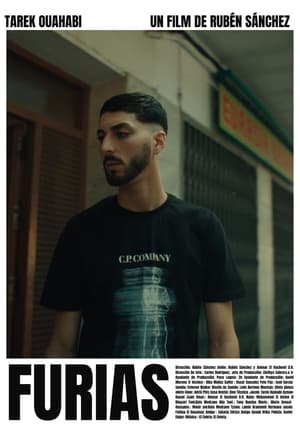

Casablanca, les enfants du bitume(2009)
There are at least seven thousand children and adolescents wandering the streets of Morocco's economic capital. Sold by their parents, abused, beaten, or abandoned, they struggle to survive. Since 1995, the Bayti association has been fighting to reintegrate these sacrificed children and give them a second chance.



Movie: Casablanca, les enfants du bitume
Top 10 Billed Cast
Narrator (voice)
Self
Self
Self
Self
Self - Teacher
Self
Self
Self

Casablanca, les enfants du bitume
HomePage
Overview
There are at least seven thousand children and adolescents wandering the streets of Morocco's economic capital. Sold by their parents, abused, beaten, or abandoned, they struggle to survive. Since 1995, the Bayti association has been fighting to reintegrate these sacrificed children and give them a second chance.
Release Date
2009-11-17
Average
0
Rating:
0.0 startsTagline
Genres
Languages:
العربيةEnglishFrançaisKeywords
Similar Movies
Aan ons den arbeid(en)
Documentary that shows the changing attitude towards immigrant labor in The Netherlands. The documentary follows three immigrants that arrived in Holland 30 years ago to work in a bakery.
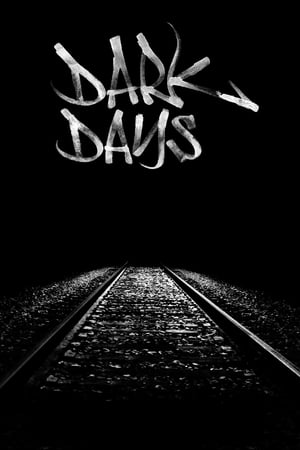 7.3
7.3Dark Days(en)
A cinematic portrait of the homeless population who live permanently in the underground tunnels of New York City.
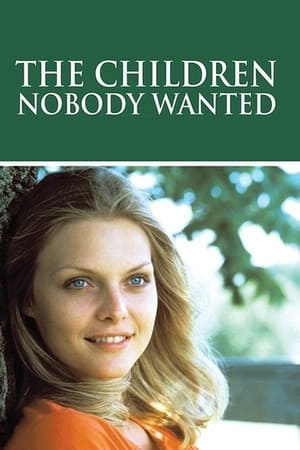 6.0
6.0The Children Nobody Wanted(en)
True story of Tom Butterfield and his crusade to provide family life for homeless children, becoming not only the first bachelor caretaker, but the youngest single adult to become a legal foster parent in the state of Missouri.
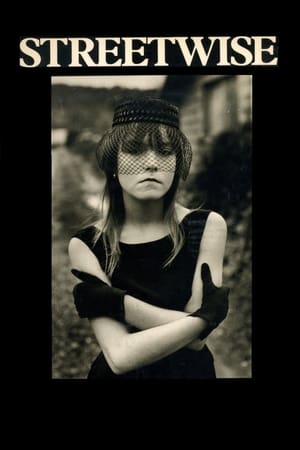 7.5
7.5Streetwise(en)
This documentary about teenagers living on the streets in Seattle began as a magazine article. The film follows nine teenagers who discuss how they live by panhandling, prostitution, and petty theft.
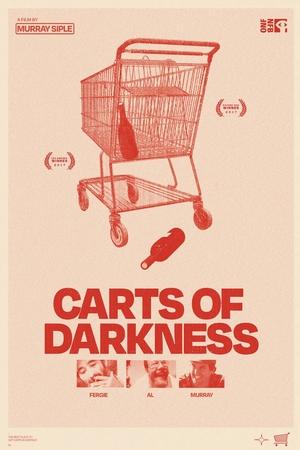 6.8
6.8Carts of Darkness(en)
In the picture-postcard community of North Vancouver, filmmaker Murray Siple follows men who have turned bottle-picking, their primary source of income, into the extreme sport of shopping cart racing. Enduring hardships from everyday life on the streets of Vancouver, this sub-culture depicts street life as much more than stereotypes portrayed in mainstream media. The films takes a deep look into the lives of the men who race carts, the adversity they face, and the appeal of cart racing despite the risk.
 7.3
7.3Matt Shepard Is a Friend of Mine(en)
An intimate portrait of Matthew Shepard, the gay young man murdered in one of the most notorious hate crimes in U.S. history. Framed through a personal lens, it's the story of loss, love, and courage in the face of unspeakable tragedy.
 6.3
6.3The Shelter(fr)
It is winter at an emergency shelter for the homeless in Lausanne. Every night at the door of this little-known basement facility the same entry ritual takes place, resulting in confrontations which can sometimes turn violent. Those on duty at the shelter have the difficult task of “triaging the poor”: the women and children first, then the men. Although the total capacity at the shelter is 100, only 50 “chosen ones” will be admitted inside and granted a warm meal and a bed. The others know it will be a long night.
 8.0
8.0Morocco from Above(fr)
Yann Arthus-Bertrand flew over Morocco with his cameras and asked the journalist Ali Baddou to write and record the comment.
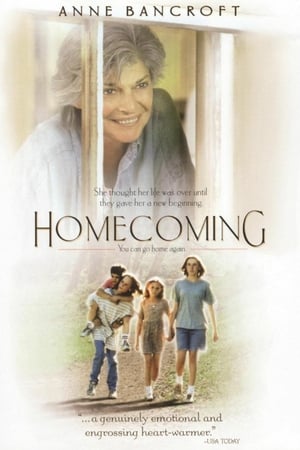 7.2
7.2Homecoming(en)
When their mother disappears, a group of siblings are forced to fend for themselves, and make their way on their own. They eventually meet their grandmother, a loner who is reluctant to take them in.
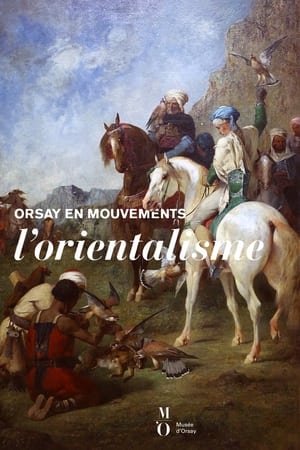 10.0
10.0L'Orientalisme(fr)
Orientalism is a literary and artistic movement born in Western Europe in the 18th century. Through its scale and popularity, throughout the 19th century, it marked the interest and curiosity of artists and writers for the countries of the West (the Maghreb) or the Levant (the Middle East). Orientalism was born from the fascination of the Ottoman Empire and followed its slow disintegration and the progression of European colonizations. This exotic trend is associated with all the artistic movements of the 19th century, academic, romantic, realistic or even impressionist. It is present in architecture, music, painting, literature, poetry... Picturesque aesthetics, confusing styles, civilizations and eras, orientalism has created numerous clichés and clichés that we still find today in literature or cinema.
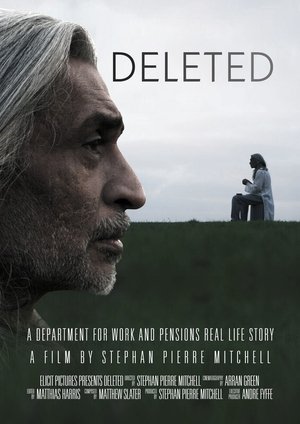 0.0
0.0Deleted(en)
A short documentary following the last 5 hours of a 59-years-old man, Ahmed before becoming homeless due to the late payments and bureaucracy by the Department for Work and Pensions.
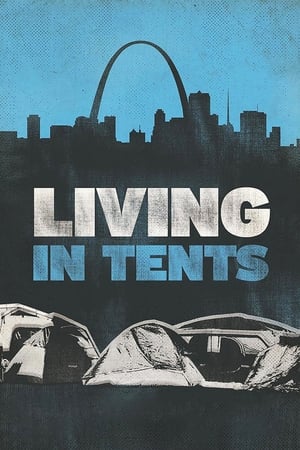 0.0
0.0Living in Tents(en)
In January 2011 Paul Crane discovered a tent city in downtown St. Louis, along the Mississippi River. He was curious as to who these people were, how they ended up there, and what life was like for them each day. He initially thought he would simply go down during the day and capture footage when possible, but he quickly realized that if he wanted to truly capture how these people lived and the full reality of their collective and individual existence, he would have to be there full time and become a part of the place, so he moved in with them.
 6.5
6.5Hotel 22(en)
Each night in Silicon Valley, the Line 22 transforms from a public city bus into an unofficial shelter for the homeless in one of the richest parts of the world.
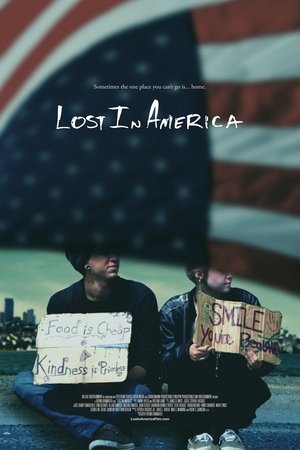 0.0
0.0Lost in America(en)
Following director Rotimi Rainwater, a former homeless youth, as he travels the country to shine a light on the epidemic of youth homelessness in America.
 6.7
6.7Stone Pillow(en)
A homeless woman named Florabelle becomes the unwitting guide to the streets for a New York social worker named Carrie who thinks she has lessons to offer the down-and-out clients she serves at the homeless shelter. Soon, however, Carrie realizes that she's the one who has much to learn.
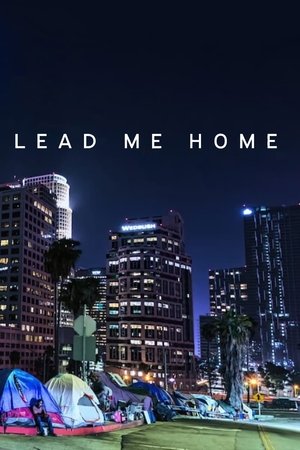 6.4
6.4Lead Me Home(en)
Poignant stories of homelessness on the West Coast of the US frame this cinematic portrait of a surging humanitarian crisis.
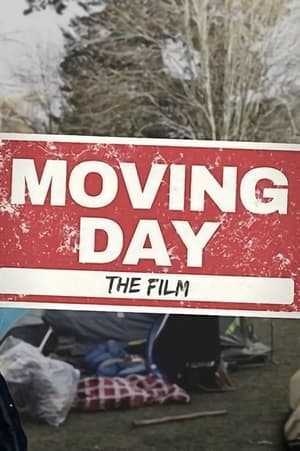 0.0
0.0Moving Day(en)
Moving Day tells the story of the people who were left outside – quite literally – during a global pandemic. With the rise of Covid-19, shelters closed, jobs were lost, and homelessness in "Victoria B.C." (unceded L'kwungen Territories), swelled. A community formed in the city’s biggest park and as they learn of an ambitious plan to house everyone by March 31, 2021, uncertainty in the park, and in their lives mounts.
 5.2
5.2A Hobo's Christmas(en)
A hobo played by Barnard Hughes decides it's time to go home. Drifting from place to place, Hughes finds himself in his hometown of Salt Lake City at Christmas time. Here he hopes to close old wounds and be reunited with his unforgiving son played by Gerald McRaney, and get to know the grandchildren he has never met. McRaney, still resenting the fact that Hughes ran out on his family 25 years earlier, gives his father only one day with his grandkids; after that, he's expected to leave and never come back. All the while Hughes' friends warn him that his son and the past are memories that are best left alone, and should leave, but he has to find out for himself.
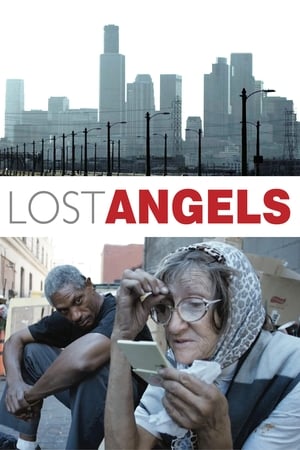 6.4
6.4Lost Angels: Skid Row Is My Home(en)
Los Angeles' Skid Row is home to one of the largest homeless populations in the United States. And we found, inside that community, the remarkable and enormously moving stories of Olympic athletes, Harvard attorneys, accomplished musicians, scholars. We found poverty, drugs and mental illness, of course - but more importantly we found life, hope and incredibly powerful human journeys.

